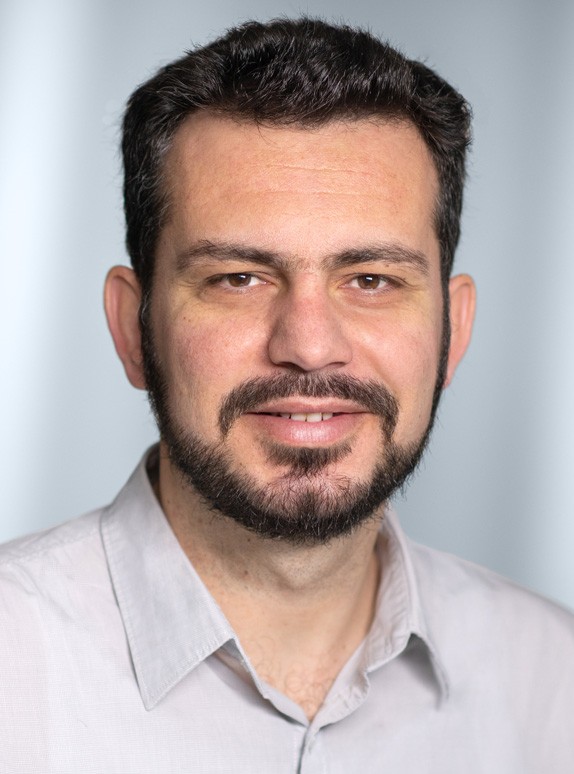SVT – Traffic Engineering
The SVT research group at the Institute for Transport Planning and Systems researches road transport systems and traffic operations, intelligent transportation systems (ITS) and connected and automated vehicles (CAVs).

Road transport systems

Road transport systems host complex interactions among various competing modes of transportation, such as passenger vehicles, trucks, public transport, bicycles, and motorcycles. The movement of people and goods depends on the optimal operation and efficiency of such systems. Externalities of road transport systems, such as pollution, noise, CO2 emissions, and energy consumption, play an important role towards sustainable mobility and the social wellbeing.
Modeling and simulation

The heterogeneity of network users and modes leads to the emergence of complex phenomena that are challenging to unravel and understand. Modeling and simulation at different aggregation levels (from microscopic to macroscopic) are essential tools that help us reproduce the observed complexity in the real world. We use mathematical models that simulate real-world scenarios to understand complex phenomena, predict future trends, and test potential solutions. The aim is to generate useful insights to assess the impacts of new technologies, policies, or infrastructure modifications on transportation systems, as well as to reproduce behaviors and interactions of drivers, vehicles, and modes. We investigate the potential of exploiting machine learning, searching for synergies and complementarities with traditional approaches.
Traffic operations

Traffic operations refer to the management and control of traffic on roadways to ensure safety and efficiency. Based on understanding of traffic dynamics, we propose solutions to optimize signal timings, motorway operation, minimizing queues and delays. We develop strategies for reducing congestion in critical parts of the network, propoting energy efficient solutions and improving traffic safety towards offering optimal level of service for the users. We exploit traditional modeling approaches and explore the role of data-driven developements through machine learning and real-world observations.
Traffic flow theory

Traffic flow theory is a fundamental concept in transportation research that seeks to understand the interactions between individual vehicles and the larger traffic system and is essential for analyzing traffic operations, evaluating the impacts of new transportation policies or infrastructure, in order to develop strategies to manage traffic congestions and improve safety.
Connected and automated vehicles

Technological advances of in-vehicle sensors and communication technologies, along with vehicle automation hold promises to disrupt the operation of road transport system as we know it today. We exploit emerging real-world data to study the role of connected and automated vehicles (CAVs) and their behavior differences with human drivers. We develop new models and strategies to study mixed traffic and quantify the impact of CAVs along various dimentions (traffic flow, management and control, safety, operations and sustainability).
Intelligent transportation systems

Intelligent transportation systems (ITS) involve the information exchange between multiple actors within large road transport networks towards system optimal operation. We look at short- and long-term scenarios that exploit ITS capabilities to develop solutions that improve our daily lives and operations. We welcome the role of machine learning and we seek at new opportunities that were not possible until recently for better monitoring, estimation, predition and management of traffic.
Head of the research group
Gruppe Strassenverkehrstechnik
Stefano-Franscini-Platz 5
8093
Zürich
Switzerland
